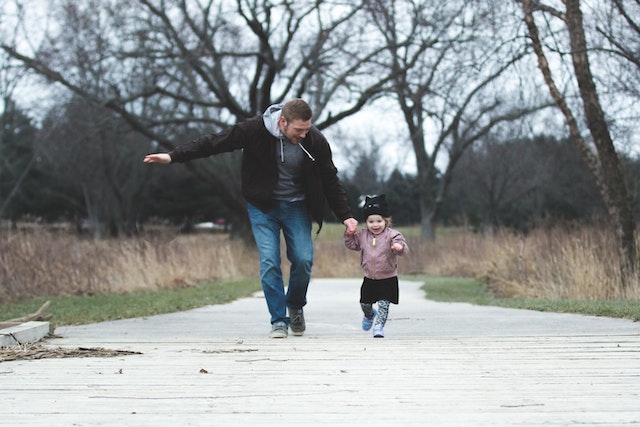Positive parenting is a parenting style that emphasizes positive communication, mutual respect, and healthy discipline strategies.
This approach to parenting focuses on building a strong relationship between the parent and child,
while also helping children develop a positive sense of self-esteem, emotional regulation, and social skills.
One of the key aspects of positive parenting is the use of positive communication techniques.
This means focusing on positive reinforcement, such as praise and encouragement, to motivate and build confidence in children.
By acknowledging and celebrating their successes, parents can help children feel valued and develop a sense of pride in their accomplishments.
On the other hand, negative criticism or punishment can damage self-esteem and create feelings of shame and inadequacy.
Another important component of positive parenting is the use of healthy discipline strategies.
Positive discipline involves setting clear boundaries and expectations for behavior, while also providing children with opportunities to learn from their mistakes.
This may include natural consequences, such as allowing a child to experience the outcome of their behavior, or logical consequences, such as taking away a privilege or toy that is related to the misbehavior.
Positive discipline strategies also emphasize teaching problem-solving and conflict resolution skills, rather than relying solely on punishment to correct behavior.
In addition to communication and discipline, positive parenting also involves building strong relationships between parents and children.
This can be achieved through spending quality time together, actively listening to children’s concerns and interests, and showing empathy and understanding.
By building a strong relationship based on trust and respect, parents can help children feel secure and confident in their interactions with others.
There are several practical solutions for parents who want to incorporate positive parenting into their daily routines. These include:
Prioritizing communication:
Make an effort to listen actively and respond positively to your child’s needs and concerns.
Use positive reinforcement to encourage good behavior and provide clear, consistent consequences for misbehavior.
Focusing on building a strong relationship:
Spend quality time together, engage in activities that your child enjoys, and show empathy and understanding in your interactions.
Using healthy discipline strategies:
Set clear boundaries and expectations for behavior, and provide opportunities for your child to learn from their mistakes.
Use natural or logical consequences to reinforce positive behavior and discourage negative behavior.
Modeling positive behavior:
Children learn by example, so it’s important to model the behavior and values you want your child to adopt.
Show kindness, respect, and empathy in your interactions with others, and your child will be more likely to do the same.
In conclusion,
Positive parenting is a valuable approach to raising happy, healthy, and well-adjusted children.
By prioritizing communication, building strong relationships, and using healthy discipline strategies,
parents can help their children develop important skills and values that will serve them well throughout their lives.
By incorporating these solutions into their daily routines, parents can create a nurturing and supportive environment that promotes positive growth and development for their children.
![]()











